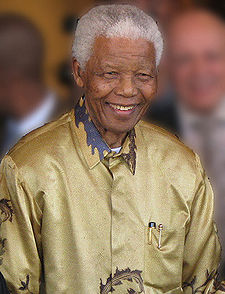By Callum Paton.
Tripoli, 10 December 2013:
The international NGO Human Rights Watch (HRW) has demanded the authorities press ahead with investigations into . . .[restrict]June’s shootings in Benghazi and last month’s Gharghour attacks.
HRW claims that, six months after the killings in Benghazi, which left 32 dead, and three weeks after the shootings in Tripoli, where 46 were killed and some 500 wounded, there is no sign that the authorities have detained, interrogated or identified any suspects involved.
Prosecutors have, however, been appointed to investigate both attacks and, in the case of Ghargour, where militias opened fire on protestors, the seven-member prosecution committee announced that they would issue arrest warrants “no matter who the perpetrators are”.
Sarah Leah Whitson, Middle East and North Africa director at the NGO, has said that inaction generally in regard to investigations after killings has created a situation whereby “militias have been able to defy the government and enjoy de-facto immunity from prosecution for two years now.
“It’s bad enough the authorities seem to be powerless to defend Libyan citizens, but they need to make greater efforts to investigate the deaths of dozens of people,” she said.
Hanan Salah, speaking for Human Rights Watch in Libya, told the Libya Herald that the she had seen “no willingness or movement to resolve these issues” and called the inaction a symptom of “the dysfunctional justice system”.
“Our concern is the broader picture,” she said. “We’re worried there will be a repeat of this non-investigation. We have counted around 60 assassinations including recent events in Benghazi and I’m not aware of a serious investigation into any of them.”
Amnesty International has meanwhile called on authorities to investigate the alleged torture and death of Saiqa member Hussein Radwan Raheel. The NGO says he was beaten, subjected to electric shocks and left to die by his unit. He had originally been interrogated about a missing military vehicle.
“The Libyan authorities must show that the country has made a clean break with the past by sending a strong message that human rights violations by state officials will no longer be tolerated,” Amnesty said. [/restrict]








